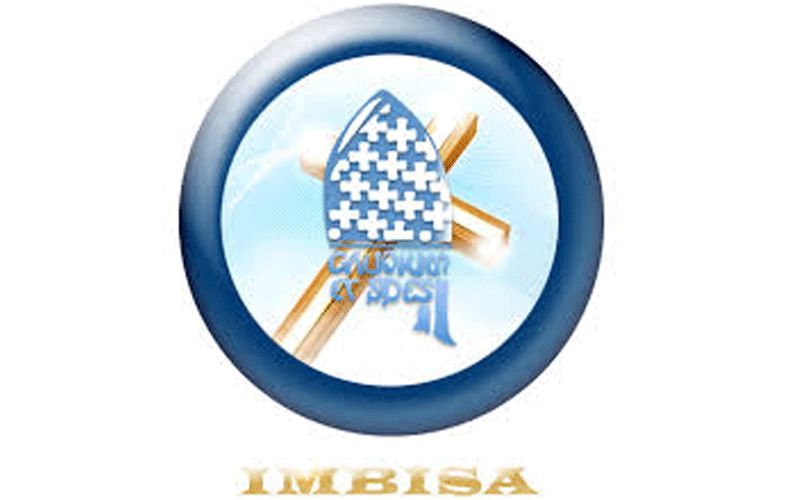Harare, 21 March, 2020 / 3:41 am (ACI Africa).
Bishops from nine countries in Southern Africa have, under their umbrella body of the Inter-regional Meeting of the Bishops of Southern Africa (IMBISA), expressed their commitment to fighting human trafficking in the region.
In a statement issued at the end of the Regional Conference to combat Human Trafficking at the Arrupe Jesuit University in Harare, Zimbabwe on March 18, the Prelates belonging to IMBISA have reiterated the Church’s role “to embrace all people and this is especially true of the little ones who are victims and survivors of human trafficking.”
“We recall the words of the prophet Hosea (4:6) speaking of the people of God who perish for lack of knowledge. For this reason, the Bishops of IMBISA have committed themselves to work harder in the dissemination of information on the protection of minors and vulnerable people,” reads part of the statement issued Thursday, March 19.
Terming efforts to combat human trafficking part of the protection of vulnerable persons, the Church leaders have, in their collective the two-page statement, underscored the need to sensitize the people of God in their region on trade involving human persons.
“Members of the Church need to be informed on the scourge of human trafficking,” the Catholic leaders in the nine countries of IMBISA have noted.








